This post was guest-written for Go-To by Food Genius/Clinical Nutritionist, Belinda Moss.
Not foods to put on your skin (sounds messy) (and far less delicious), foods you should eat for healthy skin.
Obviously, you’ve got your skin routine down, but what you’re eating can also play an important role in achieving glowy, clear, youthful skin. Y’see, food affects your skin in lots of ways. The right foods provide the right nutrients to make healthy skin cells that can stand up to an attack by toxins. They can help produce and balance hormones, ensure detoxification is happening where it should (i.e. your liver and bowels, not your face) and they can even keep inflammation in check.
So! With that in mind, here are my top three food recommendations for good skin:
1. Oily Fish
Mackerel, sardines, and salmon (preferably fresh and wild-caught) are a brilliant source of the omega-3, which is an essential fatty acid. (These are considered “essential” because our body can’t make it; so we need to get it from food.)
Omega-3 fatty acids are a natural anti-inflammatory, so they’re great for calming red, angry, irritated skin. They can also help balance hormone production and keep skin plump and hydrated by locking in moisture and forming a strong membrane around cells.
2. Nuts and Seeds
Nuts and seeds (preferably raw and unsalted ones) are high in yumminess, but also in vitamin e, a marvelous antioxidant and anti-inflammatory. Vitamin e is also good mates with vitamin c (which, spoiler, is going to pop up below); together they work well to protect cells from sun damage and pesky free radicals.
There’s more! Nuts and seeds also contain zinc (hemp seeds, pumpkin seeds, and cashews in particular), a mineral which helps us utilise those lovely essential fatty acids. It also helps skin heal, aids collagen repair, helps reduce acne, keeps cell walls stable, and is even involved in cell division and differentiation.
3. Fresh Fruit and Vegetables
Mum was onto something when she made you eat your veggies! Who knew! (“She did.”) Fruits and veg are important for keeping us, ahem, regular. That in turn prevents toxins from getting reabsorbed into the bloodstream, and causing breakouts.
Hot tip: If possible, opt for organic fruit and veg to reduce your intake of toxins found in some pesticides. If it’s not possible, don’t stress. Just make sure you wash your produce really well, to remove residue.
Some specific fruit and vegetable recommendations:
Mangoes, carrots, pumpkin, sweet potatoes: Orange fruits and vegetables get their colour from beta carotene. Which your clever body converts into vitamin a to help prevent skin from getting bumpy, liney, or wrinkled.
Spinach, broccoli, avocados: Green fruits and veggies are full of skin-loving nutrients including vitamins a, c, and e.
Capsicums, berries, citrus fruits: These contain vitamin c which is a potent antioxidant known for creating collagen (which keeps skin firm and strong) and helping wound healing.
Bonus Tip
Not a food, but equally important for skin health is drinking plenty of water. (Ideally filtered.) Water helps your skin stay hydrated, of course, but it also helps your cells utilise nutrients, aids detoxification, and keeps bowels moving. Adequate hydration is also essential for proper blood flow, which helps keep skin glowy and minimises congestion. And if that’s not enough, without enough water skin can become tired, dry, and more prone to fine lines and wrinkles.
So! There you have it! What you eat can totally impact your skin health. Go forth and support the amazing work you’re doing on the outside with foods that will take care of your insides.
Belinda Moss - Clinical Nutritionist
BHSc (NutDMed)
www.belindamoss.com.au
Belinda is a degree qualified clinical nutritionist who uses a gentle, balanced approach to optimising health – she particularly loves helping with skin conditions (ahem, which is why Go-To asked her to write this post). Appointments for a personal consultation with Belinda are available online, via zoom, or you can find her on Instagram and Facebook. Nice.
Important! Before making major dietary changes, if you are seeking to supplement your diet with specific nutrients, or if you have any specific skin concerns, please seek personalised guidance from a suitably qualified practitioner. Oh! And if you have allergies to any of the above foods, don’t eat them. Please.


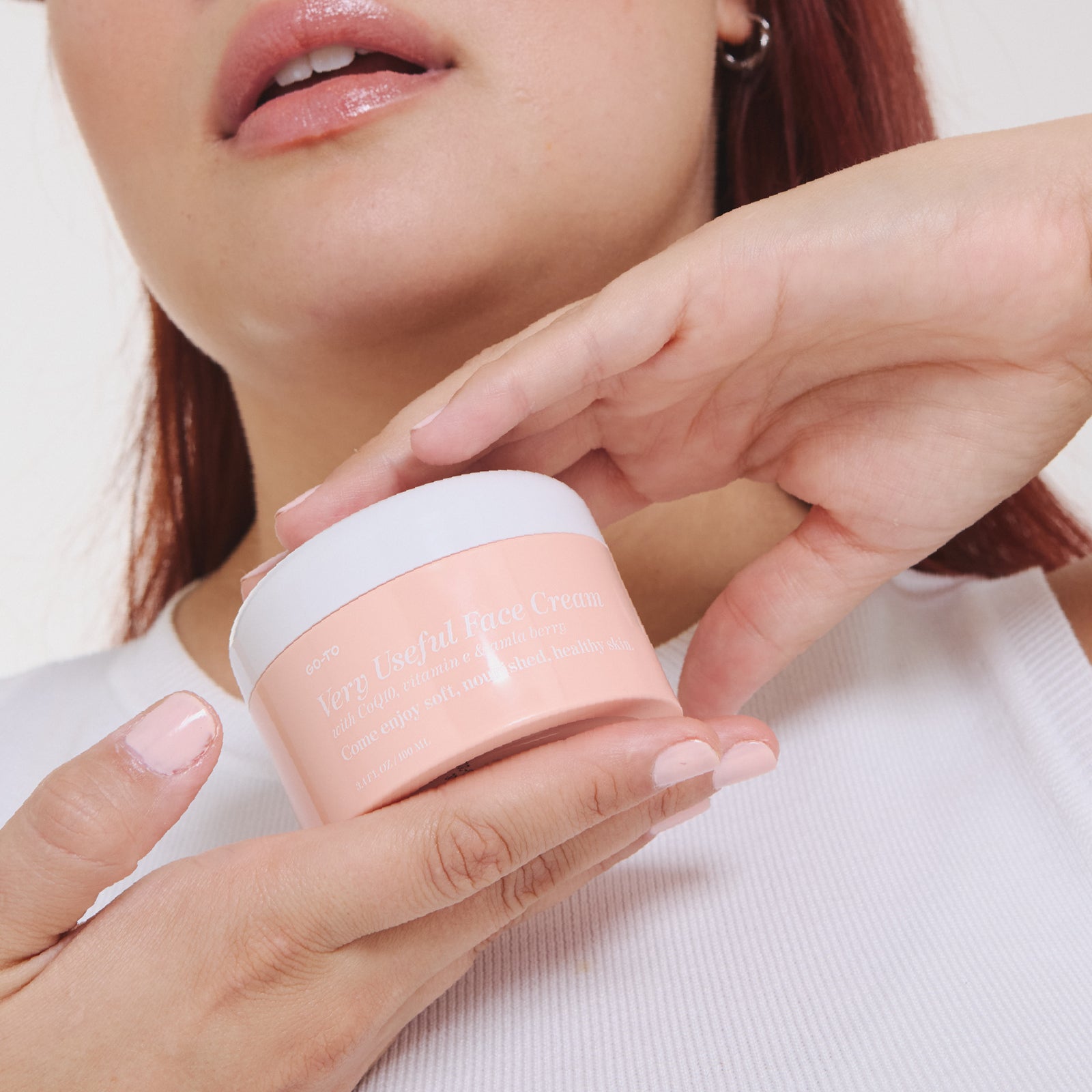

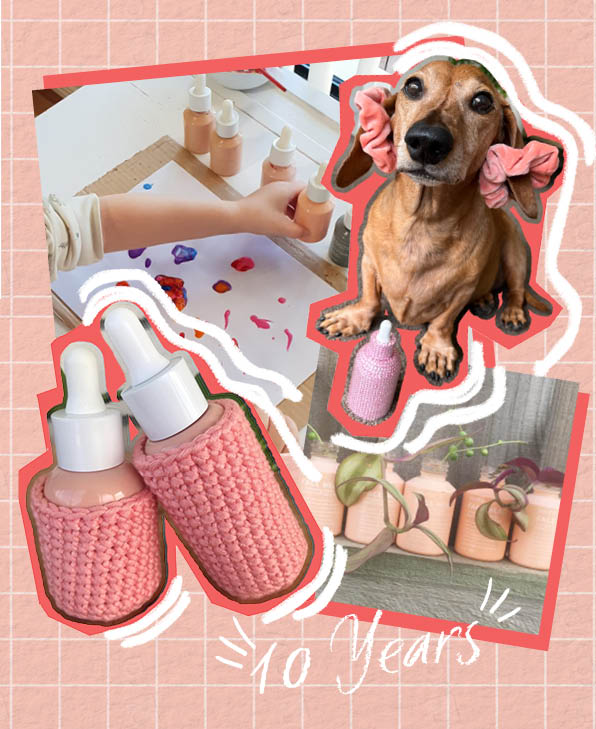

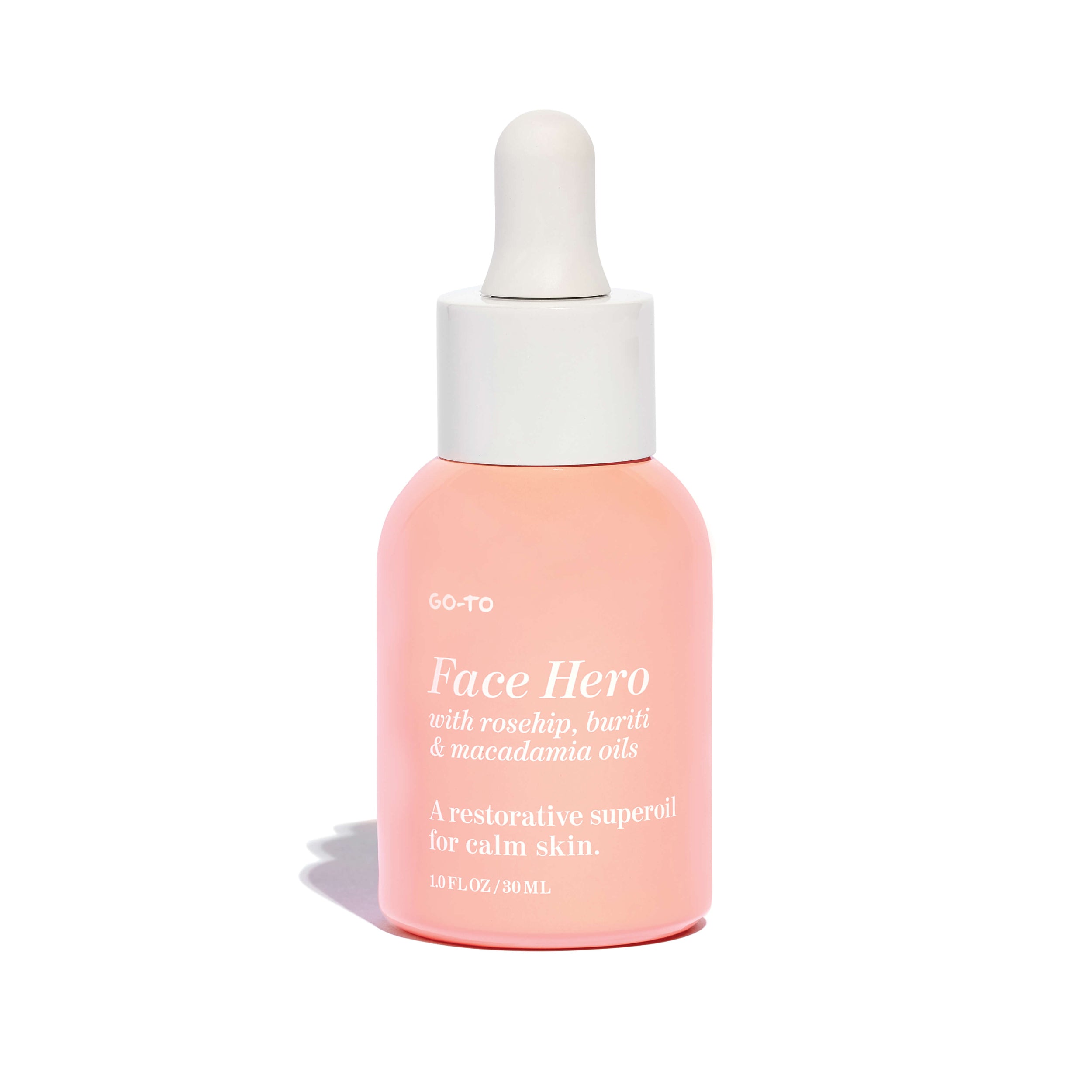
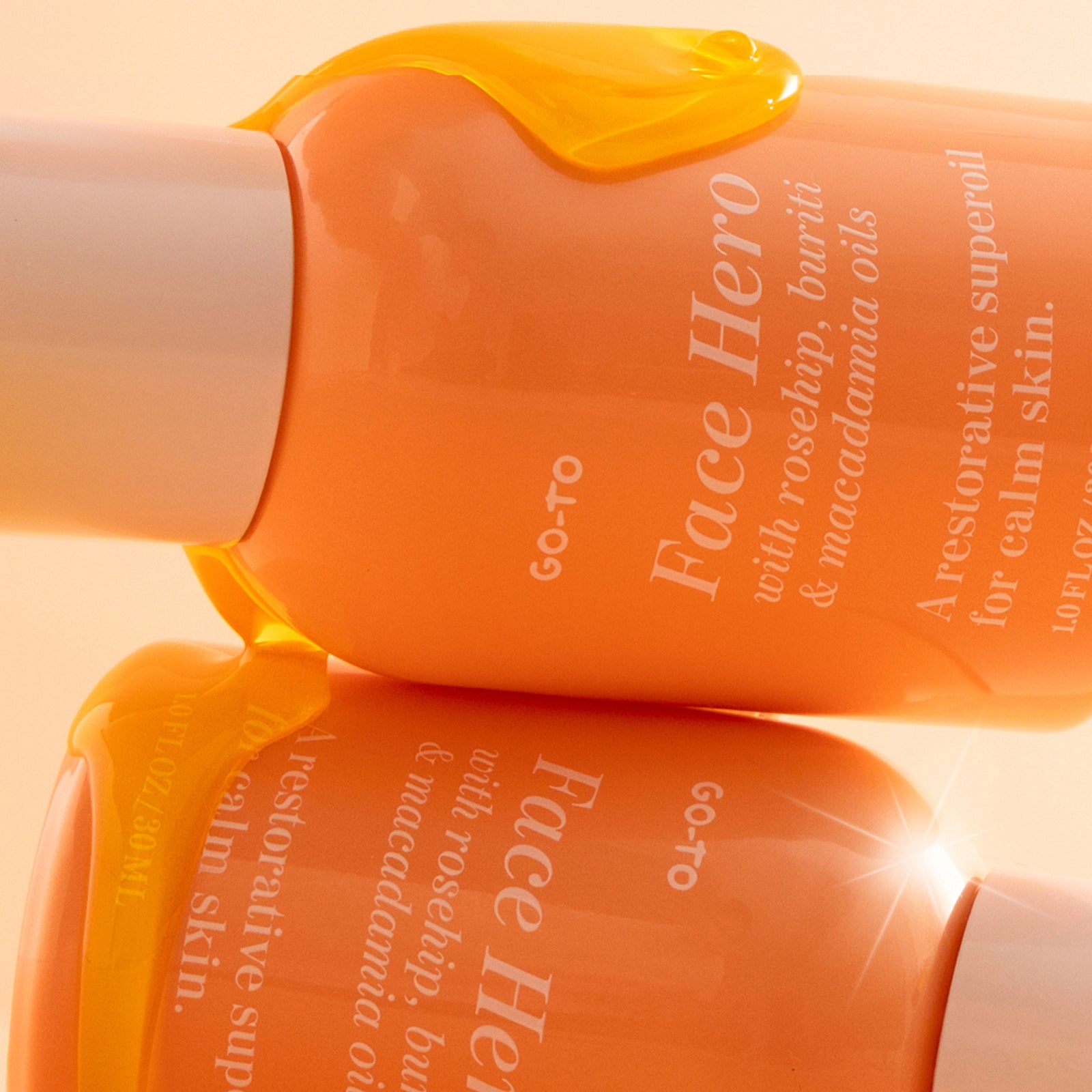
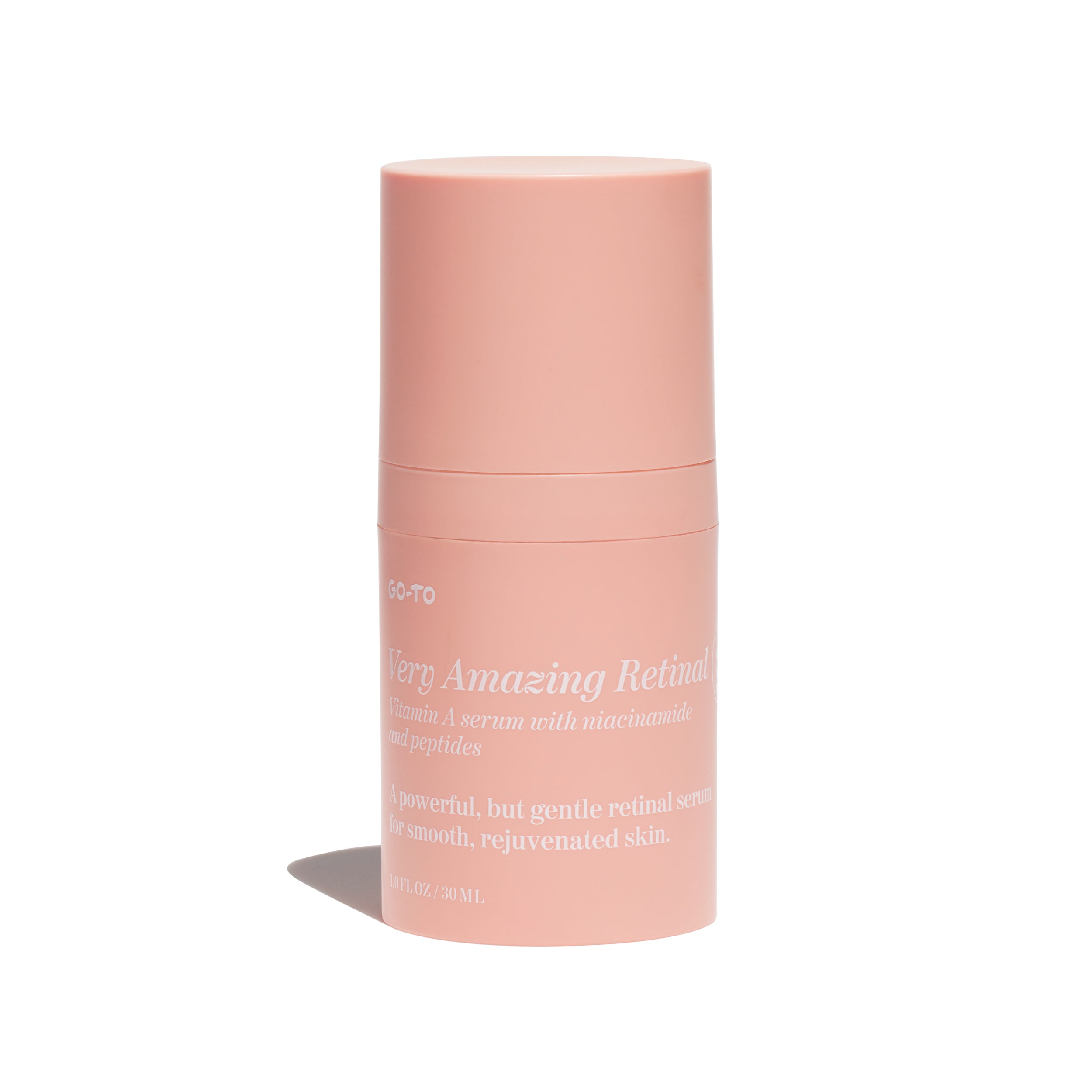
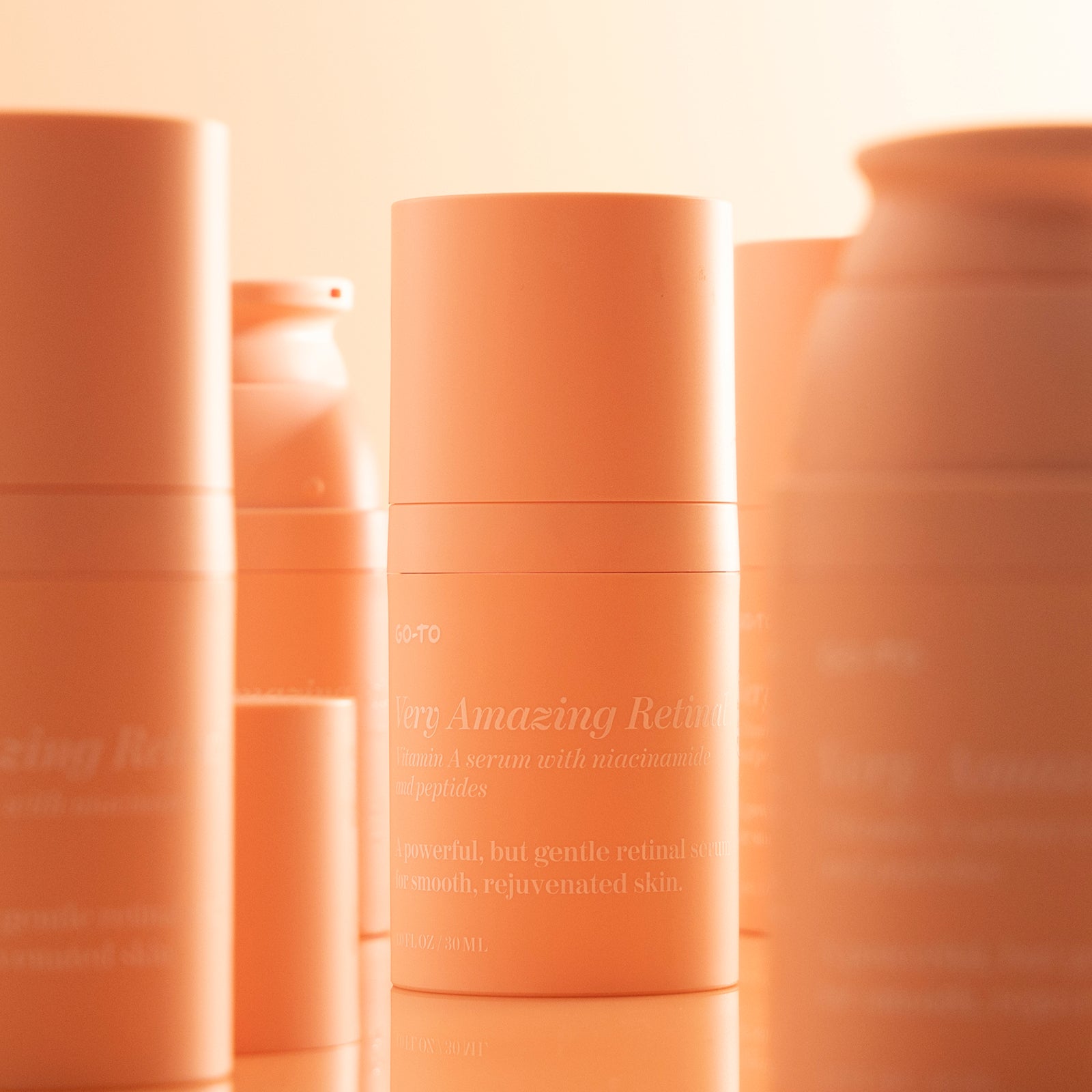
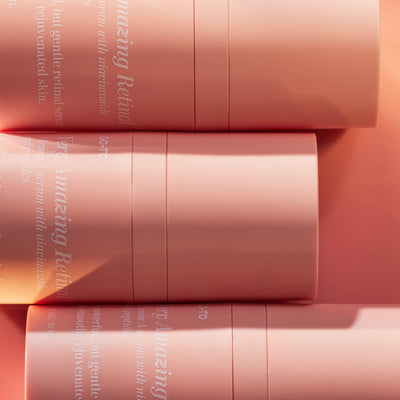
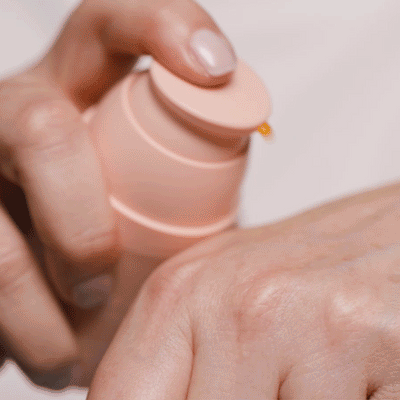
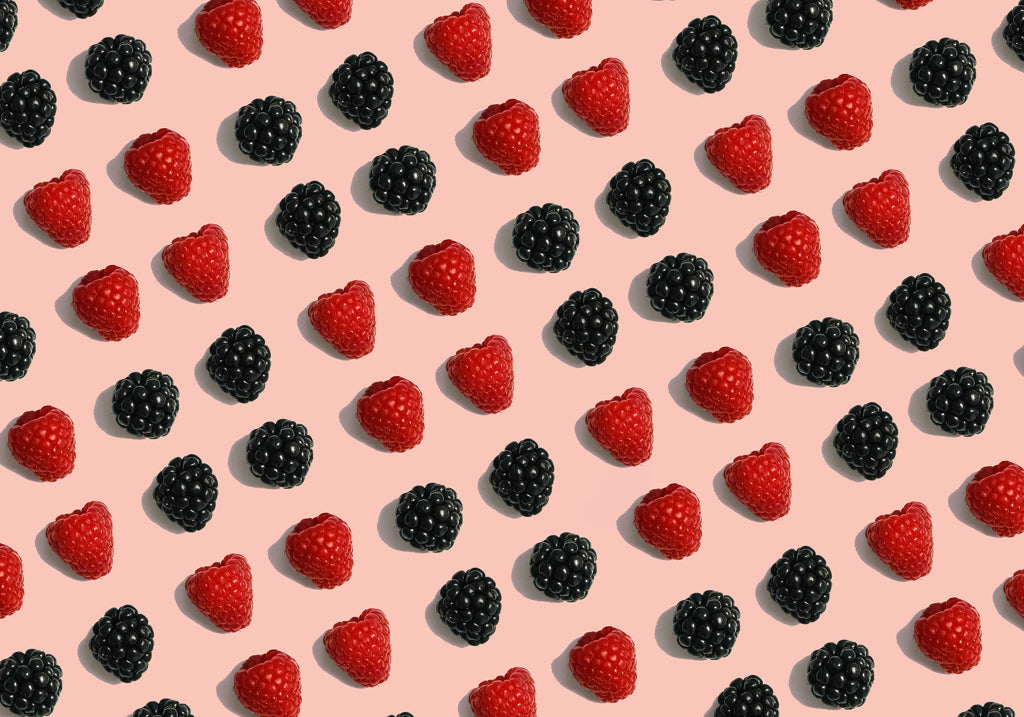

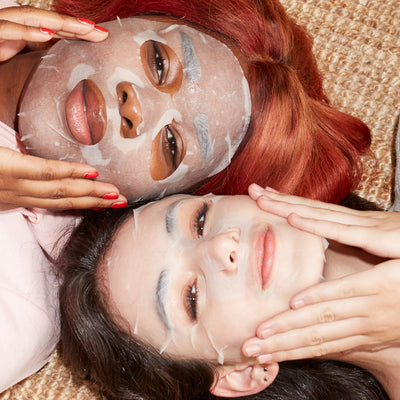
Comments